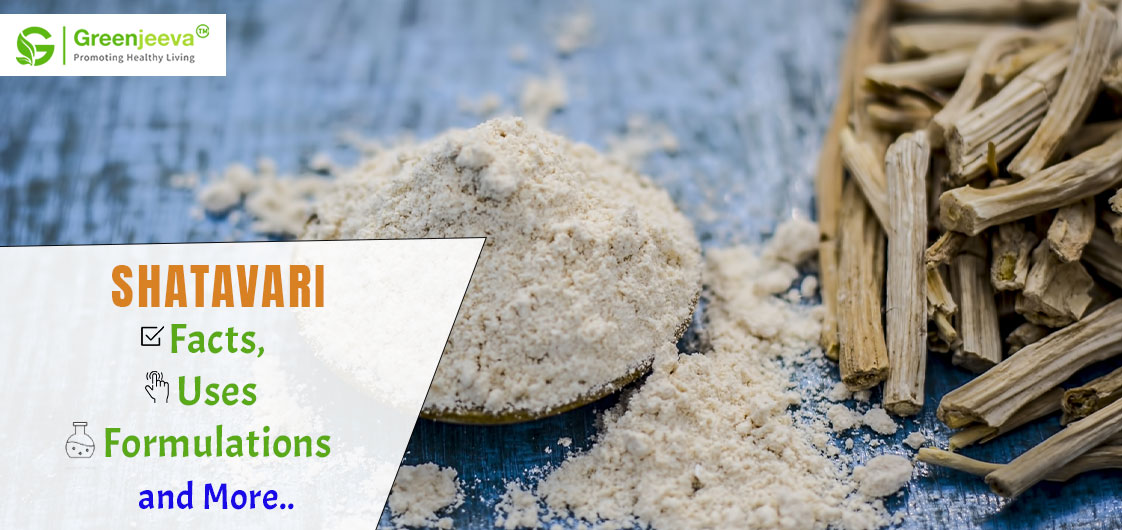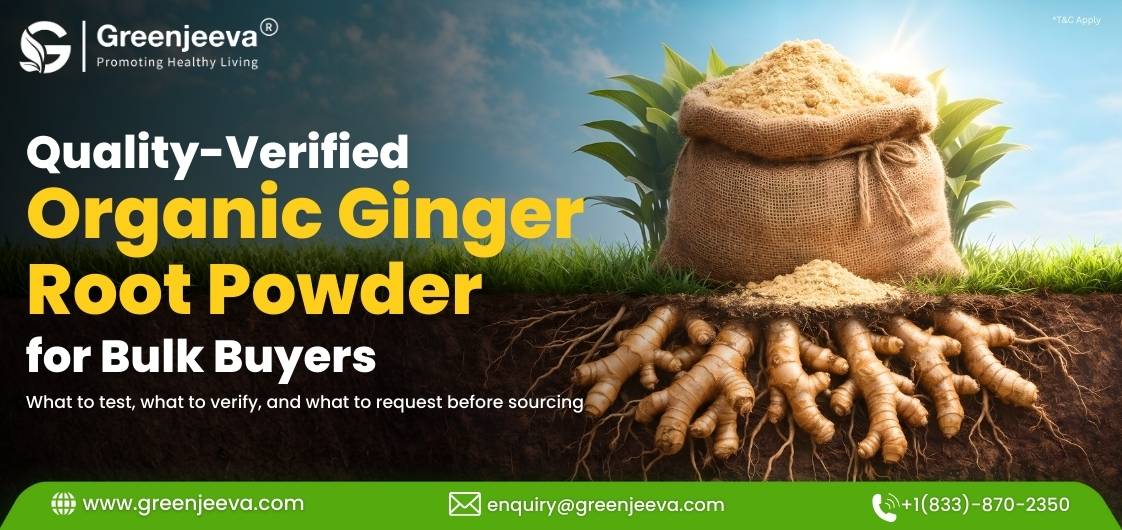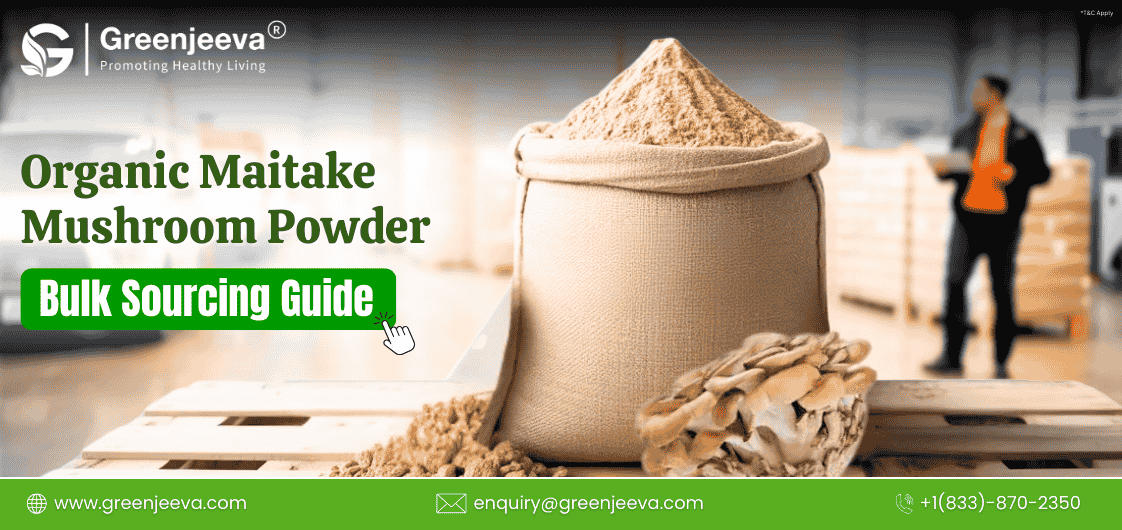Shatavari – Facts, Uses, Formulations, and More

What is Shatavari?
Also known as Asparagus racemosus, shatavari belongs to the family of Liliaceae. Native to the Himalayas, India, Nepal, and Sri Lanka, this climber generally grows up to a length of around 2 meters. This thorny, feathery, perennial plant features slender stems and striated leaves with bountiful white, delicate flowers. Nicknamed as Atirasa, Bahusutha, and Shataveerya, this herb is known widely for its medicinal properties and is used for preparing medicines. It is available in green, purple, and white colors with the medicinal properties extending from the root to the shoot. Shatavari has been used in various systems of medicine, including Unani, Ayurveda, and Siddha.
Shatavari Classification
- Kingdom: Plantae
- Subkingdom: Tracheobionta
- Family: Asparagaceae
- Species: Asparagus racemosus
- Genus: Asparagus
- Order: Asparagales
Nutritional Facts of Shatavari
Every 100 grams of shatavari has the following nutrients:
- Calories: 20,000 Cal
- Dietary fiber: 2,100 mg
- Carbohydrates: 3,380 mg
- Protein: 2,200 mg
- Vitamin C: 5.6 mg
- Vitamin E: 1.13 mg
- Vitamin K: 0.0416 mg
- Folates: 0.052 mg
- Niacin: 0.978 mg
- Thiamin: 0.143 mg
- Selenium: 0.0023 mg
- Zinc: 0.54 mg
- Iron: 1.14 mg
- Manganese: 0.158 mg
- Calcium: 24 mg
- Alpha-carotene: 0.009 mg
- Beta carotene: 0.449 mg
- Lutein-zeaxanthin: 0.719 mg
Important Facts About Shatavari
- It is a Powerhouse of Antioxidants
It is a matter of fact that shatavari is packed with antioxidants. Some of the antioxidants present in shatavari include racemofuran, racemosol, and asparagamine A. Antioxidants help in battling oxidative stress and preventing free-radical cell damage.
- It Is Good for Immune Health
Shatavari is known to be good for the immune system. It is a rich source of sapogenin.
Read More: https://www.greenjeeva.com/blog/shelf-life-storage-challenges-wholesale-raw-ingredients
How to Take Shatavari?
Shatavari is available and taken in the form of liquid extract, tablet, and powder. Here are some of the best ways to use shatavari:
- Shatavari tablets can be used by people who are not a big fan of the taste of the powder and want the convenience of the tablet.
- Shatavari powder is the most common form of the herb. You can mix shatavari powder to your milk, ghee, or honey.
- Shatavari root liquid extract is easy to assimilate, has an extended shelf life, and convenient to store and use.
Cultivating Shatavari
Shatavari grows well in dry, arid environmental conditions, though it is originally cultivated in tropical climates. In general, it takes around 18 months for a typical shatavari plant to mature. Usually, drip irrigation system is leveraged for irrigating the crops. When its time to harvest, a huge hole is dug carefully around the roots, to prevent any damage. Harvesting shatavari generally takes over half an hour and the process may take even longer if the ground is rocky. Once it is harvested, the roots are washed properly and the outer layer is peeled off. Once the roots dry up, it is exported to various places across the globe.
Also Read: https://www.greenjeeva.com/blog/wholesale-organic-shatavari-powder-wellness
Industrial Uses of Shatavari
Shatavari is used predominantly in the cosmetics industry. It is also used in the food and beverage industry to prepare a number of food items, such as bread, biscuits, and various milk products.
Where to Buy Shatavari Powder From?
Shatavari powder has a number of industrial uses. If you are looking forward to buying organic shatavari root powder in bulk quantities, you can place your order on Green Jeeva and Jeeva Organic at affordable prices.
Disclaimer:
The above statements are not intended to cure any disease or comply with any health benefits. This is solely for information purposes. Please consult your doctor/health practitioner before consumption of the product. Although we take efforts to keep our website informative, we do not guarantee any medical benefits.






